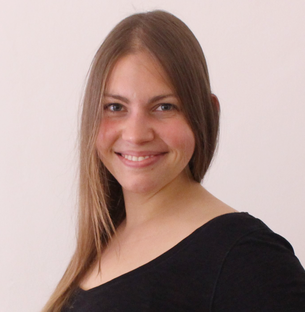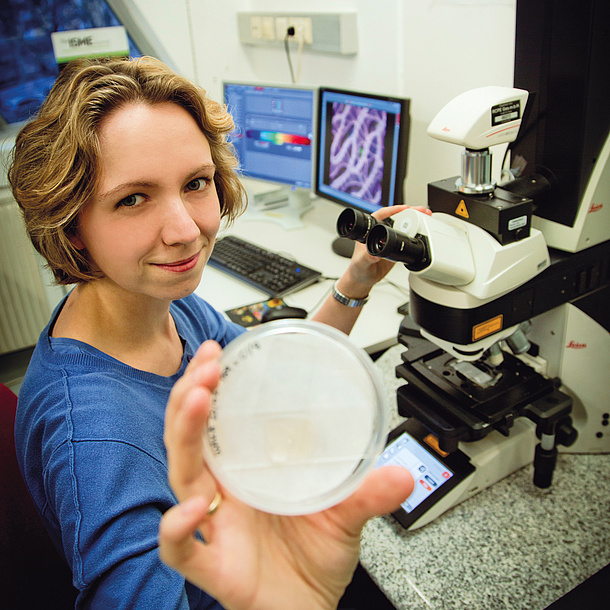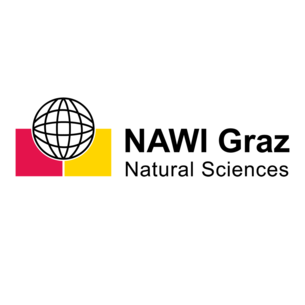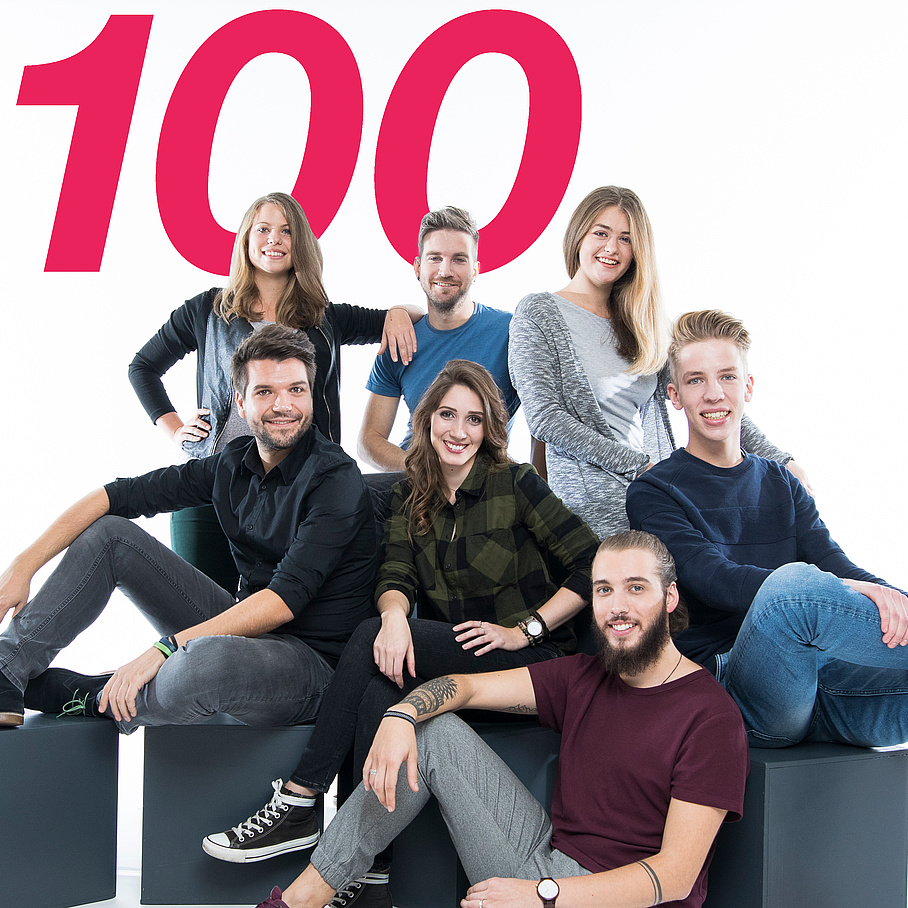- Duration of study: 4 semesters
- ECTS credit points: 120
- Academic degree:
Diplom-Ingenieurin
orDiplom-Ingenieur
(Dipl.Ing. or DI), equivalent to the Master of Science (MSc) - Language of instruction: English
The Master's Programme
In the Master's Degree Programme Technical Chemistry, you will expand your knowledge of physical chemistry, organic and inorganic chemistry, and technology and specialise in a particular field of technical chemistry. The unique feature of the programme is its focus on technologies that will be used in the future, namely, energy conversion and storage, electrochemical, and materials science technologies. It is possible to specialise in the individual fields of renewable resources, macromolecular chemistry and technology, inorganic materials, and electrochemistry.
You will carry out experiments in well-equipped laboratories with state-of-the-art infrastructure. An analysis centre at which magnetic resonance techniques, mass spectrometry, and thermal analysis can be conducted is available for this purpose. In the Soft Matter Application Lab (SOMAPP Lab), you will learn how to apply analytical methods in the field of soft matter analysis. A cooperation with ELETTRA-Sincrotrone Trieste enables the use of scattering and nanoanalysis methods.
In project laboratories, you will have an opportunity to see the work being conducted by the individual research groups. You will carry out tasks related to current research topics.
You can specialise in the following areas:
Renewable Resources: You will conduct practical work on the chemistry of renewable resources and learn about renewable materials and substances. In addition, you will acquire knowledge about energy sources and storage, biobased compounds, biomass, and solid and liquid biofuels.
Macromolecular Chemistry and Plastics Technology: You will learn concepts used in the production of materials and synthesise various compounds. In addition, you will develop new technological methods and apply theoretical models.
Inorganic Materials and Electrochemistry: You will work on basic and applied aspects of organometallic chemistry. You will carry out experimental work in the subject areas of catalysis, interface chemistry, and electrochemistry.
As part of the Austrian Chemical Society lecture series, guest lectures are given by internationally renowned lecturers from academia and industry.
The strong, established network with industrial partners such as AVL, Hilti, and Allnex provides students with practical insights and support while carrying out research projects.
The positive cooperation with the Christian Doppler Laboratories often yields topics for master theses or dissertations.
Admission
The prerequisite for admission is a completed bachelor’s degree in a relevant subject (see curriculum).
Additionally, you need to provide evidence of competence in the English language.
Admission without admission procedure
Graduates of the Bachelor's Programme Chemistry offered at TU Graz and University of Graz as well as students, who have already been admitted to the following Master's programmes offered at TU Graz or University of Graz, are eligible for admission without an admission procedure:
- Chemistry
- Technical Chemistry
Graduates of other programmes offered at TU Graz or NAWI Graz students at the University of Graz can apply for admission at the Registrar's Office.
Admission with admission procedure
Graduates of a previous study programme not mentioned above undergo an admission procedure.
Registration for the academic year 2027/28: 15 October to 15 December 2026
You can complete the admission procedure before the end of your bachelor’s studies.
- Admission and deadlines for international students
- Admission and deadlines for Austrian students who are registering to study at TU Graz for the first time
If you have already been admitted to a degree programme at TU Graz, or have studied at TU Graz before, please come to the Registrar's Office in person to complete your admission during the admission period.
Contact study@tugraz.at
Career Prospects
Technical chemists work in the chemical industry and in branches of industry where chemical processes are important, e.g. in materials development, water management, environmental technology, or waste management.
Graduates of this master’s degree programme:
- develop and test new substances and materials for accumulators and fuel cells.
- work on new innovations in the field of environmental technology, e.g. in recycling, plastics technology, or pollution control.
- develop organic conductors and semiconductors for microelectronics and photovoltaics.
- coordinate and manage technical research projects in industry and business.

What fascinates me about this degree programme is how many job opportunities it will offer me in the future, as well as the fact that it always gives me the chance to try out new things. My studies have made it possible for me to have many great experiences: an internship at an international chemical company in Germany, a stay abroad in America, and now that I’ve finished the degree programme, an Erasmus+ internship in a fascinating research group in Valencia.
Acquire AI skills: AIE Extension Programme
Increase your career prospects with the Artificial Intelligence Engineering (AIE) extension programme and learn essential skills in AI development and application during or after completing your Master's degree.





